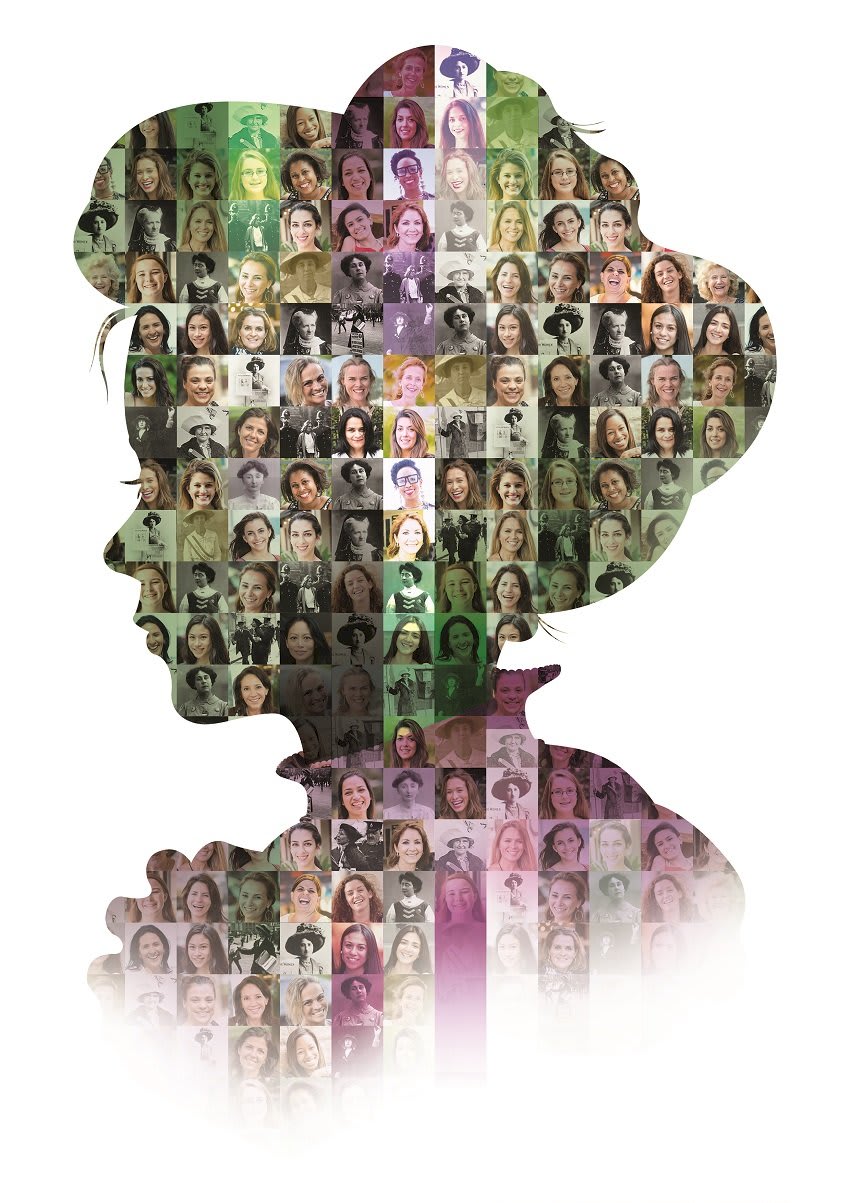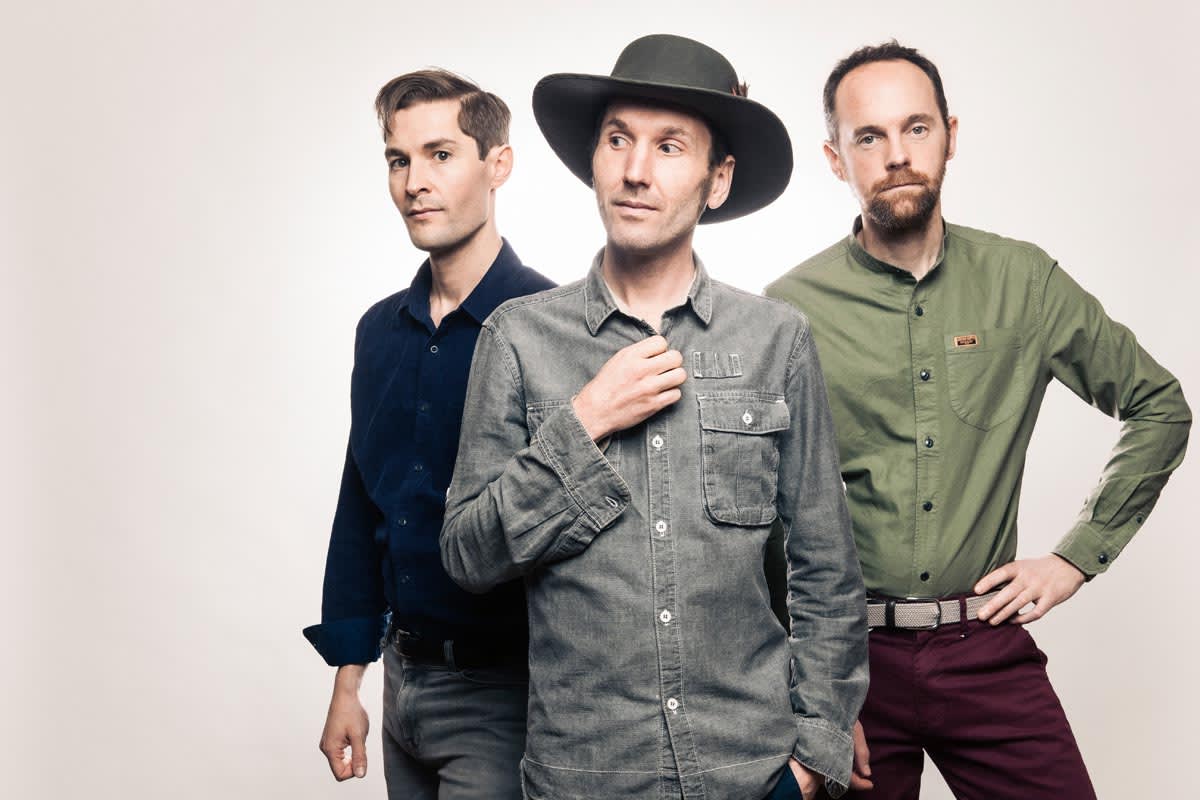
Tatty Hennessy talks Shakespeare, suffrage and social change with Sam Bennett
“It’s going ok, I’m not as frantic as I could be,” theatre director Tatty Hennessy tells me two shows into her run of As You Like It, which the company Shakespeare in the Squares toured to various spots of the Metropolis in June and July this year. “Shakespeare's not going away,” she remarks of the wordsmith who “still speaks to us so profoundly, but was writing at a time when the landscape of theatre practice was very different. Women weren’t allowed to perform onstage, so that's obviously going to inform the way and the roles he writes.” While the Bard’s plays feature some great female characters, the LAMDA-trained Hennessy says, they also comprise more men. Today, she continues, if those hiring actors favour equality, they must “think a little bit more laterally”. One way of doing this is genderblind casting (which she has practiced with Merely Theatre). Another method, cross-casting, is evinced in her AYLI; the company change the gender of a character and see how this sways the piece – the relationships, the dynamics, the story. So Jaques is a woman portrayed by Sian Martin. Certain lines, when uttered by a female instead of a male, acquire “a different gloss”. Further, says the director, “Why not? It’s fun and it means you get to open up roles to performers who otherwise wouldn't get them.”
The AYLI tour is now over, but another project is imminent. The Road Behind, The Road Ahead, as created by The Theatre Chipping Norton, celebrates the centenary of some women getting the vote and delves into the history of the suffrage movement. “It's brilliant that we have this opportunity to honour the incredible work, sacrifice and bravery of civil rights activists who I think have not had the prominence and celebration in our national consciousness that they really should.” It’s also, she resumes, a good opportunity to show people that it was indeed only some women who gained the vote 100 years ago – those over 30 who owned property, or were married to owners of it (it was 1928 before women got voting rights to match those of men).
A Centenary of Suffrage
The centenary has of course inspired various other tributes to the suffrage movement – such as Gillian Wearing’s statue of Millicent Fawcett in Parliament Square, or the Emmeline Pankhurst by Hazel Reeves soon to be unveiled in Manchester. Such homages are great, she opines, “but it’s sad that it’s taken 100 years, and there’s still work to be done”. She reckons this is why she, The Theatre Chipping Norton and its artistic director John Terry all agreed on the project’s title. “There's still ground to cover, and this centenary needs to be more than patting ourselves on the back. I hope that it's both a celebration of how far we've come but also a recognition that we unfortunately haven't quite come far enough.”
Between 1900 and 1920, in excess of 400 female playwrights were working in Britain. RBRA consists of three live performances in which works created by females of this period are presented. Accompanying the live shows will be a multimedia gallery exhibition, says Hennessy, comprising “lots of interviews and sound art with women from Oxfordshire of all different backgrounds and ages”. At the time of speaking the programme isn’t finalised, though she has been delving into the writing of Cicely Hamilton and Evelyn Glover. “What's incredible is that there are hundreds of brilliant female playwrights working in the early 20th century, and so many of them are overlooked. The plays are really funny, satirical, heartfelt and impassioned.” Thus picking what’s going to be performed is something of a task.
Theatre was at at the core of the Suffrage Movement
“The theatre industry was really at the core of the suffrage movement,” I’m told. “There was a real understanding that culture shapes politics and has a really big role to play in changing the ideas of a nation.” She couldn’t get out of bed in the morning, she claims, if she didn’t believe art could bring about social change – and she sees the suffrage movement as a fine example of this happening. “Yes, you have to campaign, protest, and be politically engaged, aware and alert. But culture, art and going into people's hearts is a really powerful way of effecting change. If you can make somebody feel something, you can also make them think something, and that's a really effective way of changing a cultural consciousness.”
I wonder if she thinks there’s equality for women in theatre today. “It has to be no, doesn't it?” comes the reply. “It is frustrating because I look around at my cohort of playwrights and theatre makers, and there does seem to be parity.” However, she states, take a look at the statistics from the top theatres and they tell another story. “We absolutely don't have equality and I think that's why it's so important there are organisations like Equal Representation for Actresses and Parents In Performing Arts who are trying to erode some really stubborn inequalities.”
More and more, she says, those in the theatre guilty of sexism are being held accountable, as are theatrical institutions for not tackling discrimination. “I think it's sort of a mirror of what is happening in every other sector and industry.” The scale of the problem is becoming realised, she says, as “gradually, light is being shone into corners light wasn't shone before”.
The Road Behind, The Road Ahead
The Theatre Chipping Norton | 10 & 12 October, 7:45pm
The Old Fire Station, Oxford | 11 October, 7:30pm
The multi-media exhibition exploring equality through the eyes of contemporary Oxfordshire women runs 24 September-16 October at The Theatre Chipping Norton (30 minutes prior to any event at the theatre and from 1-3pm each Saturday – free entry).









